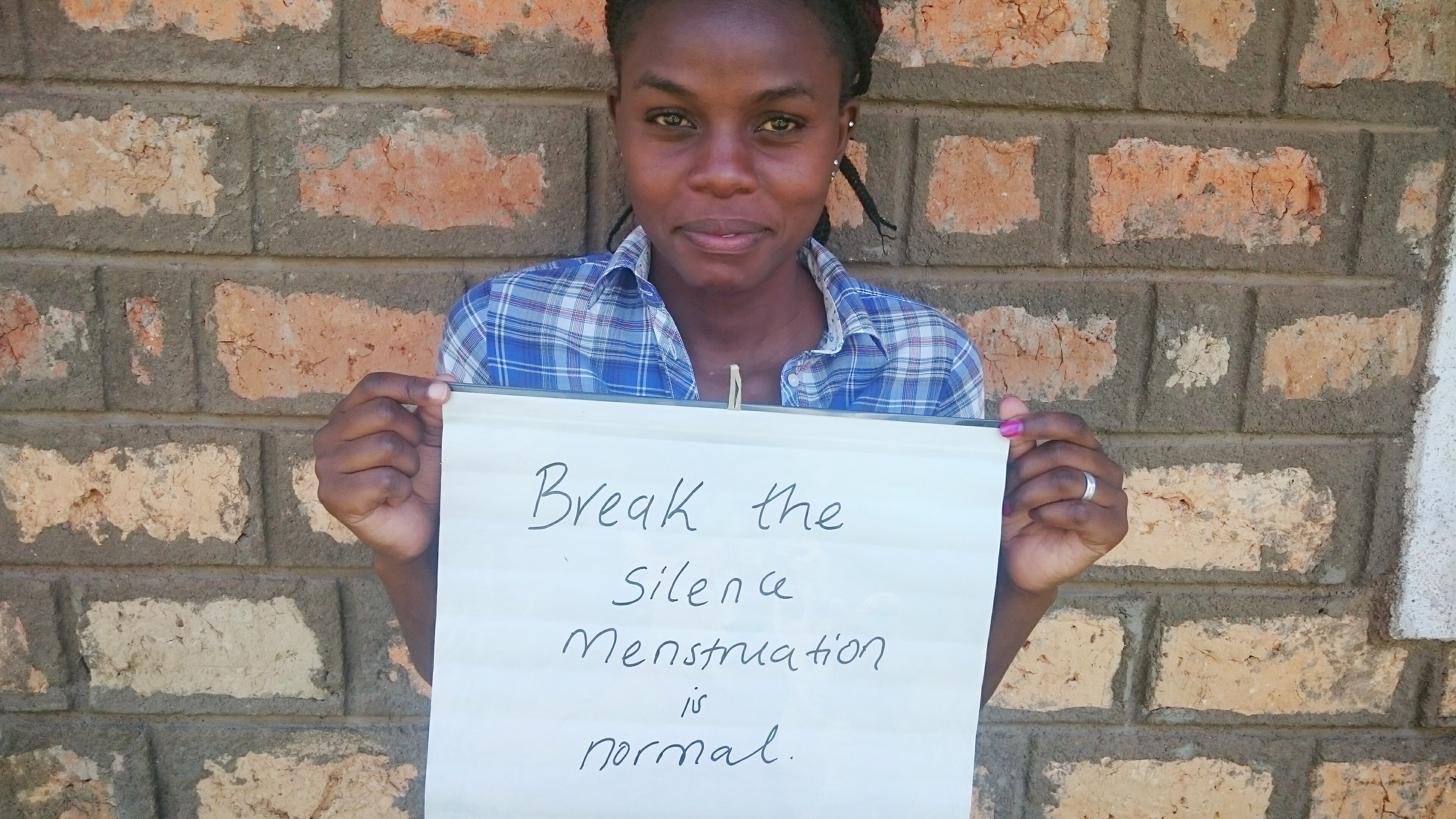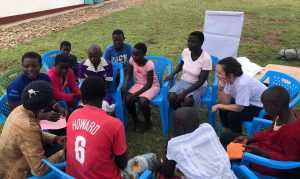The facts

It is estimated that over 2 million women and girls in Kenya need support to get menstrual hygiene products, and that unsupported Menstrual Hygiene Management (MHM) impacts girls’ sexual and reproductive risk-taking behavior.
Research suggests that girls in Kenya engage in transactional sex in order to earn money to provide for their basic needs, including sanitary pads. In such situations, adolescent girls may not be able to negotiate for safer sex practices – predisposing them to sexually transmitted infections (including HIV) and unintended, unwanted pregnancies.
In order to protect girls from sexual vulnerability, many parents encourage girls to get married at an early age. However, young women who are married early will often become pregnant while still teenagers – which can have negative (physical and emotional) health outcomes for a still-developing adolescent.
The Kenyan government, through the Ministry of Education, mandates puberty education in schools. However, the curriculum primarily focuses on biological aspects rather than the psychological changes, and hygienic use and disposal of menstrual products. Since MHM programming in Kenya aims at keeping girls in school, out-of-school girls and women (including vulnerable groups) have been largely left out.
A girl-centred approach to sanitation is still lacking in most Kenyan institutions, especially in rural areas. Girls in schools do not always have use of running water, private lavatories, or garbage disposal – all of these creating a bigger obstacle to MHM. Furthermore, safe, environmentally-friendly disposal of used menstrual products remains a big challenge.
What we do

We provide gender-centered menstrual health education in learning institutions, and in the community:
- to help individuals understand the normal process of menstruation
- to improve their knowledge of different forms of menstrual products
- to teach how to use and to dispose such products, in a hygienic manner
- to demystify menstruation, and to debunk misconceptions
- to improve male understanding of, and involvement in, menstrual hygiene management
- to advocate for availability of high quality menstrual products
HecomKenya is seeking sustainable ways to improve existing sanitation of facilities (such as improving access to running water, privacy, and garbage disposal) such that women and girls can access public life as easily whether menstruating or not.